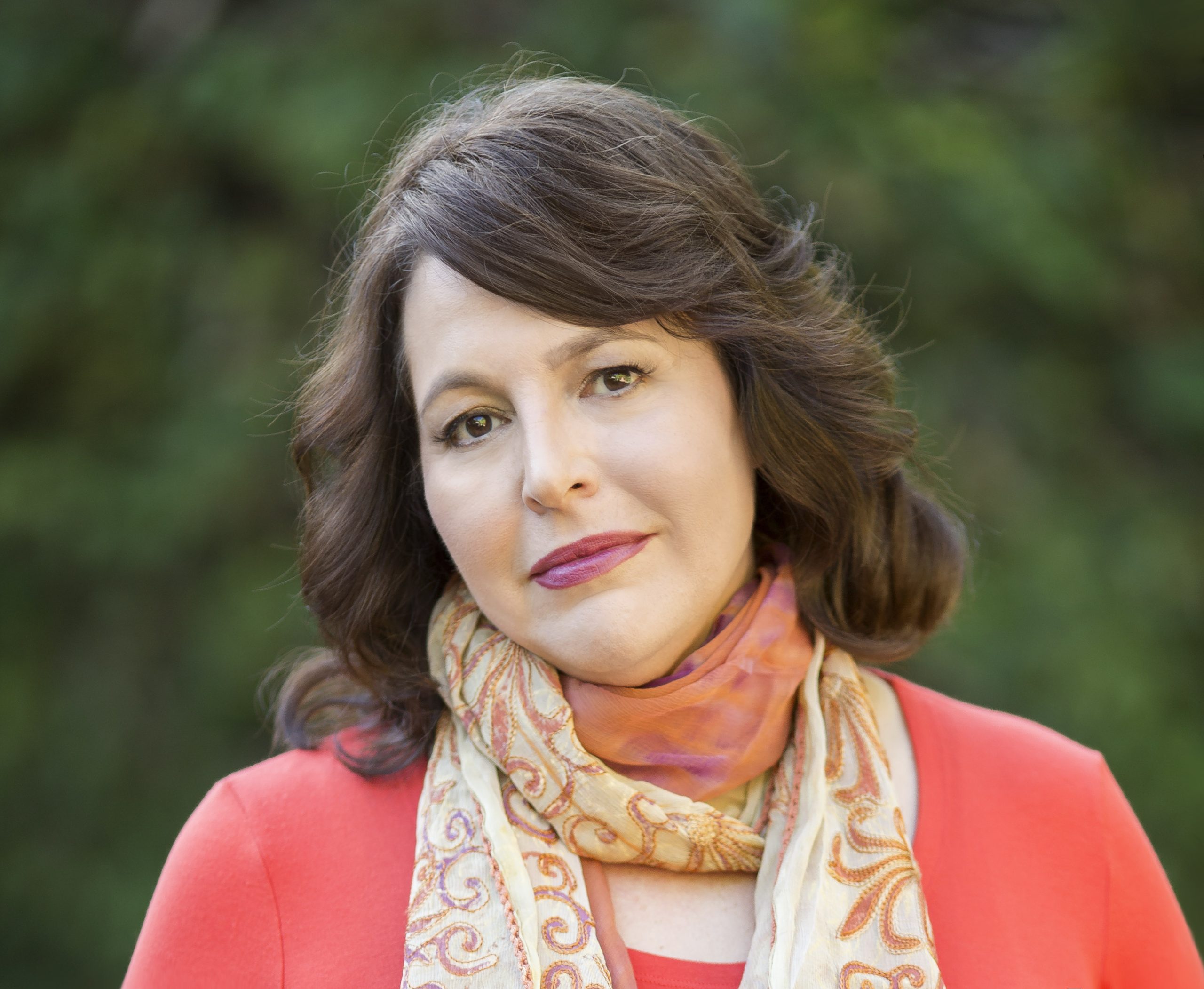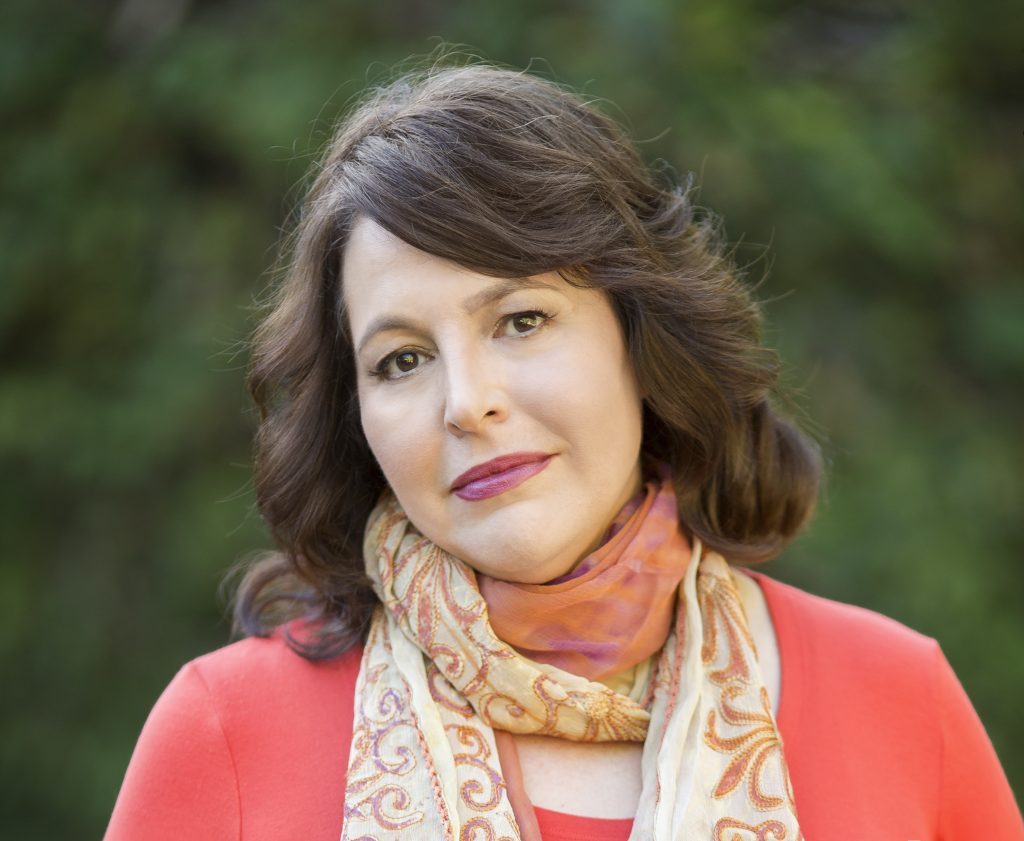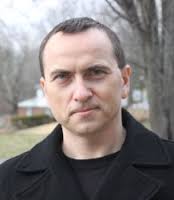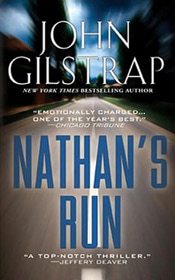Midwest Writers Workshop 2017 is offering a NEW Part I Intensive Session on “Screenwiriting,” and we’re pleased to welcome screenwriter and novelist Nina Sadowsky.
This class will provide an in-depth overview of writing for film and television. A mixture of lecture, in-class exercises and screenings will give the participants an understanding of how material is pitched, developed and produced in Hollywood as well as tips for successful screenwriting.
Spots to Nina’s intensive session are limited and we expect this one to fill up fast.
 A New York City native, Nina R. Sadowsky is an entertainment lawyer (in recovery) who has worked as a film and television producer and writer for most of her career. Just Fall, published by Ballantine in March 2016 is her first novel, and is now in development as an original series for STARZ. She has written numerous original screenplays and adaptations and done rewrites for such companies as The Walt Disney Company, Working Title Films, and Lifetime Television.
A New York City native, Nina R. Sadowsky is an entertainment lawyer (in recovery) who has worked as a film and television producer and writer for most of her career. Just Fall, published by Ballantine in March 2016 is her first novel, and is now in development as an original series for STARZ. She has written numerous original screenplays and adaptations and done rewrites for such companies as The Walt Disney Company, Working Title Films, and Lifetime Television.
She served as President of Production for Signpost Films, a film financier and foreign distributor, where she worked on such projects as the Academy Award nominated “The House of Sand and Fog,” starring Jennifer Connelly and Ben Kingsley. Prior to joining Signpost, she served as President of Meg Ryan’s Prufrock Pictures for over five years. During her tenure, Prufrock landed first look feature deals with Fox 2000 and Castle Rock Entertainment and an overall long-form television deal with Polygram/Universal Television.
Sadowsky served as executive producer for the hit film “The Wedding Planner,” starring Jennifer Lopez and Matthew McConaughey for Intermedia and Sony, produced “Desert Saints,” an independent film starring Kiefer Sutherland which premiered on Cinemax, and has served as executive director for numerous other films.
She is also currently serving as adjunct faculty at USC’s School of Cinematic Arts program, teaching both writing and producing. Her students have been the recipients of many awards and accolades including best scripted series at the College Television Awards and inclusion in the Cannes Film Festival Shorts Corner. Sadowsky is also currently serving as a mentor for the Humanitas Prize’s New Voices Program, and is a member of Humanitas’ Woolfpack, an organization of women writers, directors and showrunners.
MWW: What’s it feel like to have your debut novel being adapted for a television series?
NS: It’s thrilling that we sold Just Fall to STARZ, particularly as premium cable allows creators to push the limits. I’m especially excited that the network wanted me to write the pilot as they felt the work was so particular to my voice. As far as I know, the title will remain the same. And I wish I had a timetable, but I don’t!
MWW: You’ve said the opening scene of your psychological thriller was inspired in real life when your husband was lying in bed with one arm flung over his head. You imagined him dead, just for a moment. Why do you think people like yourself, a happily married woman and a mother, write and read dark, crime-filled stories?
NS: Actually, I am a mother of a 21 year old daughter and a 18 year old son and stepmother to other kids (one girl, one boy) now 22 and 20 years old. And the incident you correctly describe happened shortly after we blended the two families (the kids were all teenagers then). Blending the family created all kinds of tensions between my husband and I that we never anticipated. We believed “love will beget love” and were gobsmacked when our rosy predictions weren’t fulfilled. It got me thinking about all the couples who throw themselves into love and marriage and then have to get past the romantic idealism and slog through whatever real life throws at them. In writing Just Fall, I wanted to take those very ordinary, universal feelings and inflate them to a thriller level. As to why I like to write or read about crime, it comes from my desire to understand human nature. Why we connect with other people. Why we don’t. Why societies create norms of behavior and what it means to an individual to step out of those norms. When is it right to do the wrong thing? Wrong to do the right thing? I’m trying to make sense of the confusing moral world that surrounds us and I think readers are too.
MWW: What are some ways your work as a film and television producer have influenced your novels? Might novelists benefit from learning screenwriting techniques in your course at MWW as well?
NS: I’d say the biggest influence is in the way I start any scene. I close my eyes and I think about what each production department would need to do in order to bring a scene to life. What are people wearing? What’s the quality of the light? What does the location look like and how do its details reveal something about the characters in the production design? These questions help me envision any scene for a book or a screenplay in a way that serves the narrative. It’s my philosophy as a film maker that every inch of the frame should contribute to the story, so I think similarly about writing a scene in a book. Every element should be meaningful to furthering character, plot, theme and/or story. And I definitely think novelists can learn from screenwriting techniques. While film and television have highly codified and specific structures, good storytelling is good storytelling!
MWW: Just Fall seemed to be about taking risks as a writer, from the overall structure, to the sentence structure, to setting description, to characters that behave in unexpected ways. Do you have a tip or five on why authors wanting to break in or break out should take risks?
NS: Truth be told, when I started Just Fall, my sole hope was to finish it. It was a personal exercise borne out of the personal marital tension I was wrestling with as well as some frustration with the film and TV business. Because my expectations were so minimal, I felt very free. I played with structure partly because I wanted to shuck off the highly rigid structures of film and TV. I also wanted to play with structure as a way of revealing character, as opposed to solely using it to advance plot. I subverted the stereotypes common to the thriller genre like the “damsel in distress.” I describe the writing of the novel as sort of a “howl,” one that came from a very deep place. No one was more shocked than I was when I exposed the book and very quickly found myself selling it to Ballantine/Random House! I think one must always take risks. Writing for the “perceived market” or writing something to which one doesn’t feel authentically connected is in my mind a mistake. Be bold or go home!
MWW: Tell us something distinctive about your writing process?
NS: I create an index card for every scene or chapter with a one line description about the scene. This reminds me to keep the main thing the main thing when I go to write.
MWW: As an adjunct professor in screenwriting at UCLA, what mistakes do students make? Besides reading Just Fall, is there a craft book you recommend your MWW students read in preparation for your course?
NS: I love SAVE THE CAT, which is a great primer on structure. Also when writing for film and TV one must adhere to proper format (if no other reason than improper formatting pegs you as an amateur). And if my students can read Just Fall before the course, I will be able to discuss how we approached its adaptation for TV.
MWW: Anything you would like to add?
NS: I’m looking forward to the MWW!
Quick hits:
1) Plotter or pantser (no pre-planning)?
A bit of both. I start usually with a theme and a visual and then begin to work up characters. I rewrite myself constantly, rewriting the last day’s work before I start on the new day’s work. And outline only once I’m deep into the first draft.
2) Critique group/hired editor or go it alone?
I have a couple of trusted readers, but my brilliant editor at PRH is the one I rely on the most.
3) Scrivener writing software, Microsoft Word or other?
Microsoft Word
4) Early bird or night owl?
Best in the morning, but can write all day and night if on a deadline!
5) Fast, messy drafter or slow and methodical?
Fast. Gut it out. Don’t obsess on every word. Writing is rewriting!
NOW AVAILABLE from Ballantine/Random House
Just Fall
COMING SOON also from Ballantine/Random House
The Burial Society



